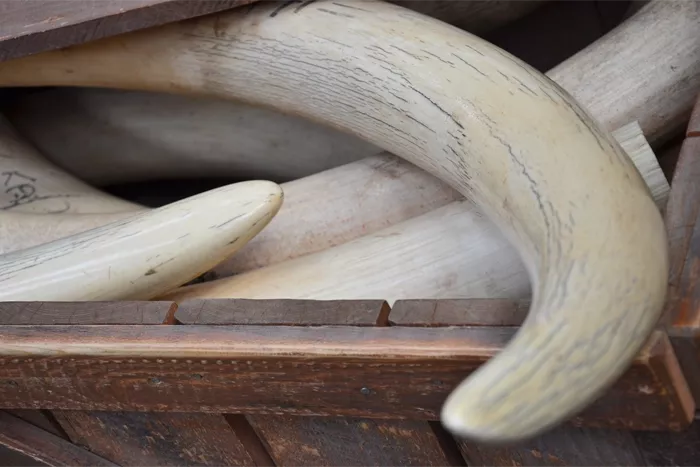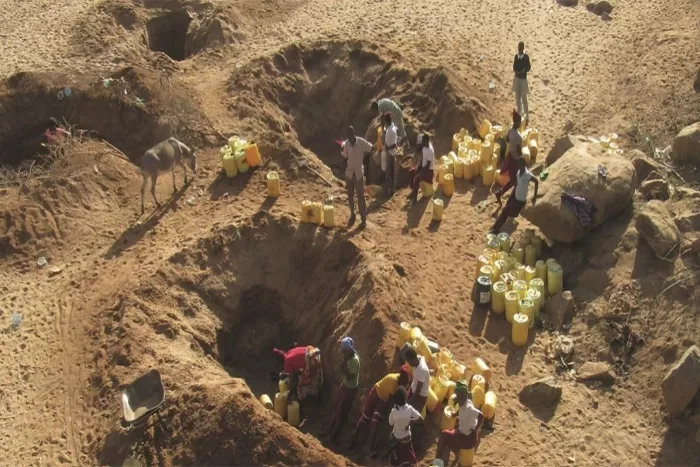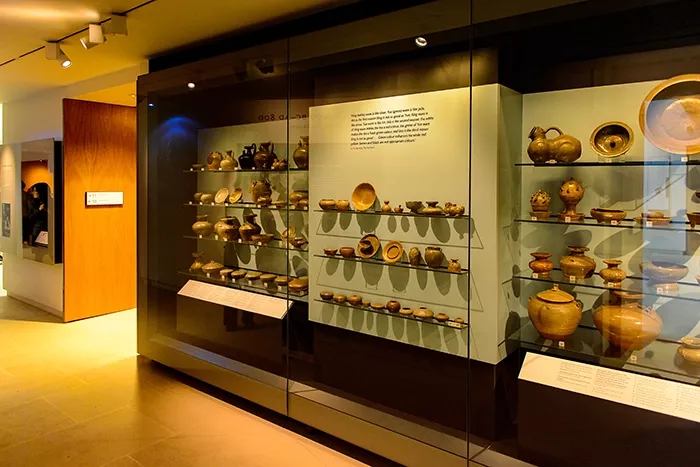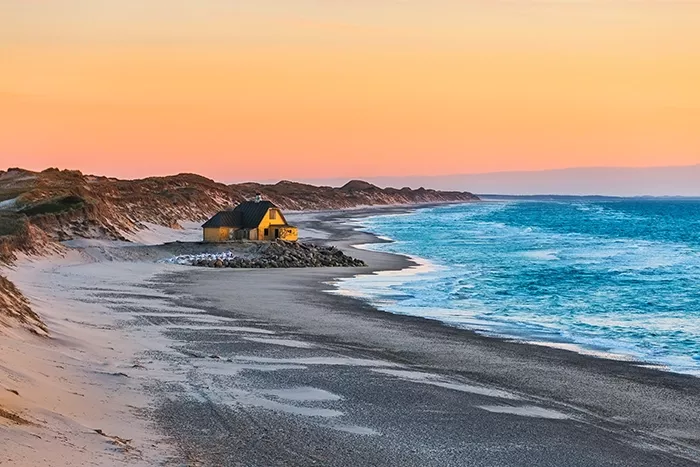The UK’s Research Infrastructure for Conservation and Heritage Science (RICHeS) team recently had the pleasure of visiting the University of Oxford, to meet with the team leading the Oxford Collaboration in Heritage Science Research and Engagement (OCHRE) project. Funded through the RICHeS infrastructure programme, OCHRE is led by Professor Heather Viles and is designed to enhance Oxford’s existing world-class capabilities in heritage and conservation science.
News
Who Gets Hit the Hardest? Disease Emergence and Inequality (and why “America-first” politics will backfire)
Pathogen evolution and disease emergence have been happening for thousands of years, and continue to do so. And even though they can affect all parts of the world, they thrive in conditions of inequality, disproportionately affecting the world’s most vulnerable populations.
Who exactly is most at risk? And how do structural inequalities shape disease spread and public health outcomes? Bottom line: they make things worse for vulnerable populations, but that doesn’t mean that people better-off countries should feel too sheltered from the realities of disease emergence. For World Health Day 2025, Dr Janey Messina takes a closer look at the key factors that drive spread and vulnerability to infectious disease outbreaks.

Could the Tesla backlash finally help electric cars go mainstream?
Tesla's troubles may be an opportunity for EVs to widen their target market. As EVs become more affordable and the technology more mature, more diverse and inclusive messaging from trusted sources is needed to truly widen their appeal. Dr Hannah Budnitz discusses this in her latest article for The Conversation.

REACH programme improves water security for over 10 million vulnerable people
A global research initiative led by the School of Geography and the Environment at the University of Oxford has exceeded its target of improving water security for 10 million people across Africa and Asia, demonstrating a scalable approach to tackling one of the world’s most pressing challenges.

University of Oxford establishes Oxford EARTH, a new programme for sustainable resource research
The University of Oxford is establishing a new multidisciplinary research initiative for sustainable natural resources. The Oxford EARTH programme (Ensuring equitable Access to sustainable Resources for a Thriving Habitat) aims to address the challenges in natural resources underpinning the net zero energy transition. This includes critical raw materials needed for the generation, storage and transmission of renewable energy, and the social license needed to extract them from the Earth.

Global energy transition expert Jan Rosenow to head ECI’s energy programme
Dr Jan Rosenow, an award-winning international expert in energy and climate is returning to the Oxford University department where he completed his doctorate in Energy Policy 13 years ago. Dr Rosenow has been appointed the new Energy Programme lead at the Environmental Change Institute (ECI) and a Jackson Senior Research Fellow at Oriel College, Oxford.

Oxford's School of Geography and the Environment Secures Top Spot in QS World University Rankings by Subject 2025
For another successive year, the University of Oxford's School of Geography and the Environment has secured the No. 1 position in the QS World University Rankings by Subject 2025. This prestigious ranking highlights the School's commitment to academic excellence, innovative research, and impactful global contributions.

Expert Comment: What does the Seventh Carbon Budget mean for the UK's drive to net zero?
The UK’s Climate Change Committee has recently released its recommendation for a cap on emissions over the five-year period of 2038–2042. Dr Injy Johnstone, Oxford Net Zero and Smith School Research Fellow in Net Zero Aligned Offsetting; Jessica Zionts, Oxford Net Zero Researcher and DPhil student at the Environmental Change Institute; Millicent Sutton, Oxford Net Zero Researcher on net zero aviation; and Sindi Kuci, Researcher with the Oxford Sustainable Finance Group, break down what it all means for the UK’s efforts to reach net zero by 2050.

Tropical forests in the Americas are struggling to keep pace with climate change
Tropical rainforests play a vital role in global climate regulation and biodiversity conservation. However, a major new study led by Dr Jesús Aguirre-Gutiérrez from the Environmental Change Institute (ECI), reveals that forests across the Americas are not adapting quickly enough to keep pace with climate change, raising concerns about their long-term resilience.

Banning wildlife trade can increase trade of other threatened species
Governments frequently impose bans to safeguard wildlife species most at risk from trade. However, an ECI researcher has been studying the extent to which banning trade in one threatened species unintentionally drives demand for other endangered species. Writing in The Conversation, Dr Diogo Veríssimo, explains how efforts to deal with the risk of overexploitation by the government of Japan, one of the world’s largest wildlife markets, resulted in a pattern known as the ‘spillover effect’ - when a species is no longer available, demand often moves to alternative species rather than disappearing entirely.

'The Water Diaries': new book highlights the drivers and inequalities in the global water crisis
Dr Sonia Hoque and Prof Rob Hope make a significant contribution to the global water crisis debate with their new book The Water Diaries.








